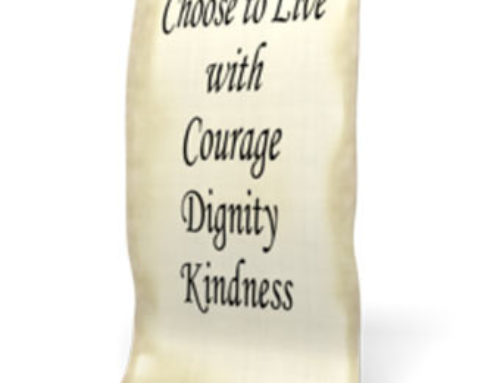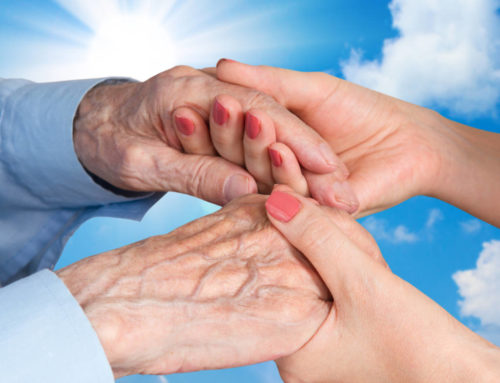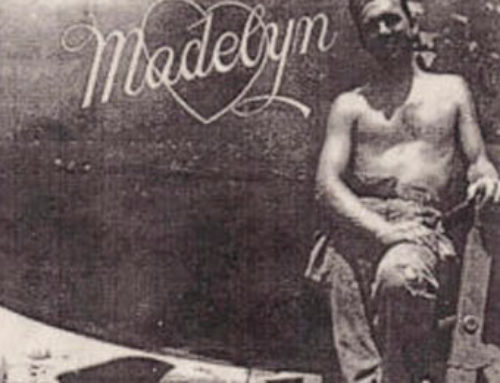 This is the eighth in a series of blogs about losing my 90-year-old Aunt Jean. Writing is how I process and heal from difficult events.
This is the eighth in a series of blogs about losing my 90-year-old Aunt Jean. Writing is how I process and heal from difficult events.
October 30th – Sunday Afternoon
Alex came to the hospital after church, and we walked over to the hospital cafeteria and shared a sandwich. As we were coming back to the room, we ran into our priest, Mother Ann. She’d had a nice visit, and she said that when she asked if Jean would like for her to pray, she said, “Yes.”
Shortly after that, the doctor came in to see her. He said, “Jean, you have two conditions. We are treating you for pneumonia and heart failure. We’re going to do everything we can to make you well, but if your heart stops, I need to know if you want to be put on a respirator.”
Her eyebrows went up, and she said, “I don’t know. What would that entail?”
He said, “Well, if your heart stops, we will do CPR, which will involve a series of chest compressions. It will likely crack some of your ribs. It will be painful, and it’s doubtful that you would ever recover to the point that you’d be able to go home to your apartment and live independently. You would need to go to a nursing home.”
She scowled and said, “I don’t want that.”
He then asked, “So Jean, can you tell me what you do want?”
She looked at him defiantly and said, “I want to be well!”
He said, “I’ll do my best.”
Alex and I followed him out of Jean’s room. He explained that he had just lost his own 90-year-old grandmother. He said that sometimes in an effort to extend the life of an older person, the medical treatment becomes more like torture.
I said, “I don’t want that for her. She’s mad that I brought her to the hospital. If she ends up in a nursing home, it would be a living hell for her!”
The doctor reviewed her advance directive with me. She had given me the authority to make healthcare decisions on her behalf––unless she was cognizant and her wishes were different from mine.
I said, “She wants to be well.”
The doctor nodded and said, “We will do our best to make her well, but she was very clear that she did not want to live in a nursing home.”
Alex left to run some errands, and I went back into Jean’s room. I said, “How did you feel about what the doctor said?”
She said, “It was depressing. I don’t like him.”
I said, “I understand. That was a hard conversation. Do you want to talk about it?”
She sighed, shook her head weakly, and said, “Not today.”
“Okay,” I said. “Is there anything you need for me to do––any bills that need to be paid?”
“No.”
I said, “How about your rent? Is it due on the first of the month?”
“Yes.”
“Do you write check, or is it taken out of your checking account automatically?”
“I write a check. Give me my handbag.”
I said, “It’s in the trunk of my car. They say you shouldn’t keep valuables in your room. They even suggest you shouldn’t wear jewelry. I would be happy to take your rings home and put them in my safe.”
She said, “No. I will trust them. Go get my purse.”
The thought of walking down the long corridor and into the parking garage made me cringe. My legs were searing with pain, but I wasn’t about to argue. I know she was not happy that I had taken it out of the drawer without her permission. I wasn’t about to tell her that I had gone to her apartment.
When I got back from the car, I gave her the handbag. She fished around for her checkbook and a pen. After several minutes, she handed it to me and said, “You can finish filling it out.”
She had signed her name, but she couldn’t do the rest. I said, “I’ll drop this by Madrona Hills later today or tomorrow.”
She said, “No! It isn’t due until the first––today’s only the thirtieth. Take it Tuesday.”
“Yes Ma’am,” I said.
Since Jean couldn’t eat or drink anything without aspirating, she was very thirsty and her mouth was dry. The nurses brought in a small sponge on a stick. Every few minutes, I would dip it in water, squeeze out the excess with a paper towel and then swish it around inside of her mouth. It provided a little relief.
Getting horizontal is the only thing that relieves my pain, so I went home for a rest around 2:00 o’clock. A few hours later, I was getting nervous, and I told Alex I needed to get back to the hospital. I was delighted to see my daughter Annie and her husband Chris when we entered Jean’s room. She was alert and appeared to be enjoying their company. They were regaling her with stories about their new puppy and their recent weekend at the coast.
Jean’s friend Susan came by around 6:00. I told her about Jean’s fluctuating heart rate, her increasing white cell count, and our conversation with the doctor.
Susan teared up and said, “I need to tell her goodbye.” Alex and I waited in the hall while Susan went into Jean’s room.
When she came out, tears were streaming down her cheek. She said, “I told her it was okay to let go. I told her that Frank would be waiting for her, and that he would be so happy to see her.”
We hugged, and she left. I told Alex I needed a minute with Jean alone.
I went into her room, pulled a chair up next to her bed and took her hand in mine. I said, “Jean, I know you are mad about being in the hospital, and I’m sorry you are upset with me for bringing you here, but I thought it was the right thing to do. I believe the doctors and nurses are doing everything they can to help you get well, but if that isn’t possible, I know you will be okay. God will welcome you. Mom and Dad and Frank will be there to greet you, and it will all be okay. I just want you to know that I love you, and I will try to do everything the way you want it done.”
Without opening her eyes, she said, “Thank you.”
She didn’t say, “I love you, too,” which was her usual response, which told me she really was fuming.




